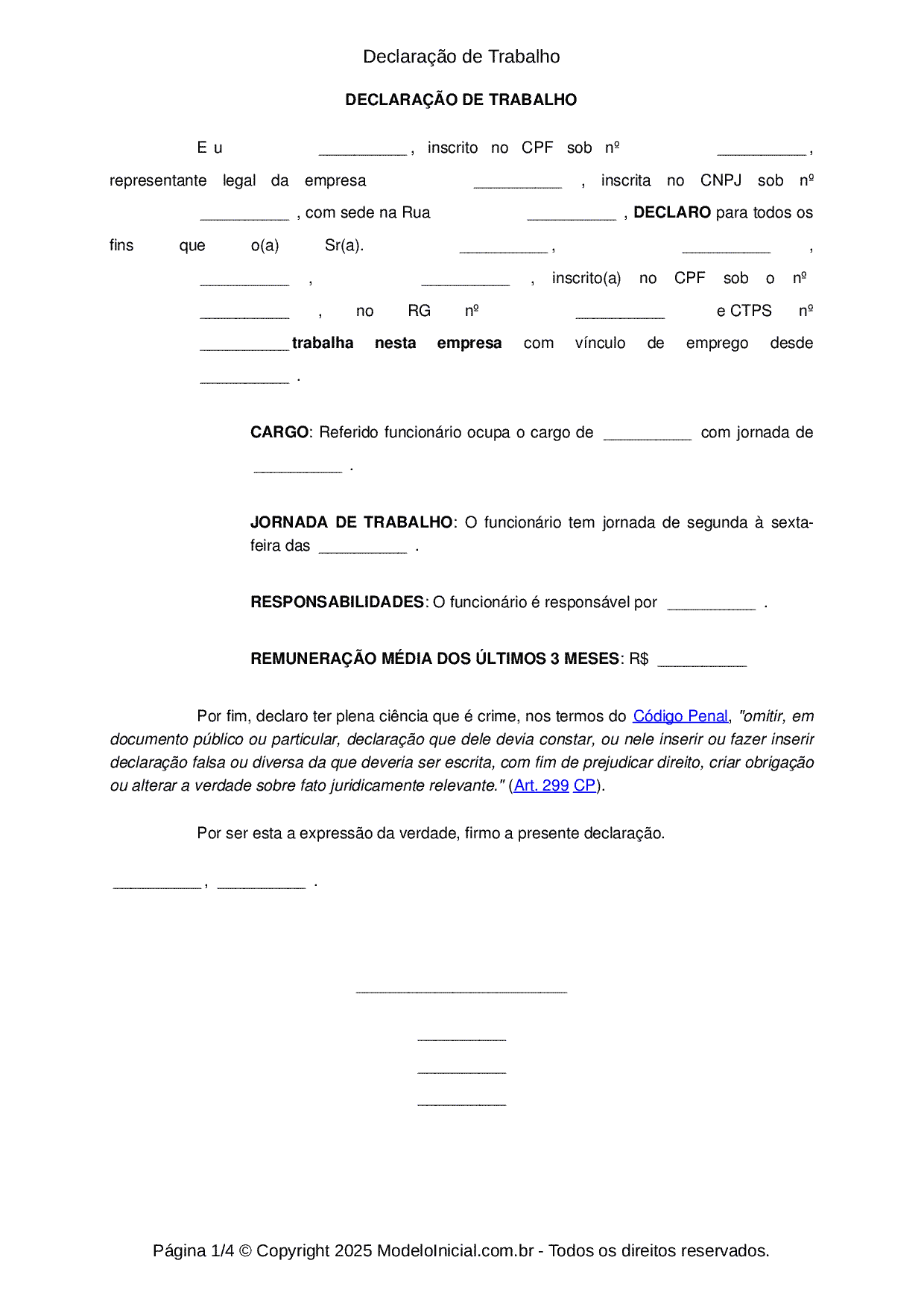Can the internet ever truly be a safe space? In today's digital age, where information spreads like wildfire, this question becomes increasingly pertinent. The recent controversy surrounding Masa49 has thrust the issue of privacy and consent into the spotlight. A bold statement must be made: the proliferation of unauthorized content is not merely an ethical dilemma but a violation of individual rights that demands immediate attention.
The term Masa49 has become synonymous with viral content circulating across various platforms. What began as isolated incidents of leaked clips has now evolved into a widespread phenomenon. These clips, often labeled under categories such as desi mms, Indian web series, or pornographic material, have found their way onto popular websites like Pornhub. Despite efforts to remove them, they continue to resurface, perpetuating a cycle of exploitation. The ease with which these videos are shared underscores the urgent need for stricter regulations and accountability from both creators and distributors.
| Bio Data & Personal Information | Details |
|---|---|
| Name | Masa49 (Pseudonym) |
| Date of Incident | Varying reports indicate multiple dates |
| Location | India and Global Online Platforms |
| Career | Not applicable (content primarily user-generated) |
| Professional Information | Involves amateur clips being distributed without consent |
| Reference Website | Pornhub |
While the focus remains on combating illegal distribution, it is equally important to address the cultural factors contributing to this trend. High-energy dance routines, for instance, have gained immense popularity on platforms like TikTok. Videos featuring Punjabi music and traditional dances have amassed millions of views, creating a stark contrast between consensual entertainment and non-consensual content. This dichotomy highlights the complexity of navigating digital spaces while respecting boundaries.
Furthermore, the monetization aspect cannot be overlooked. Tools and resources designed to aid creative professionals—such as KITTL, a platform offering customizable AI-generated designs—are sometimes misused. Although intended for legitimate purposes, these technologies can inadvertently facilitate the creation of exploitative material. As a result, there is a growing call for developers to implement safeguards ensuring their tools are used responsibly.
For those seeking credible information, authentic sources remain indispensable. Websites providing SVG vectors and icons related to Masa49 emphasize transparency by offering free downloads in formats compatible with graphic design software like Sketch and Figma. Such initiatives underscore the importance of fostering trust within online communities through open access to verified data.
Returning to the original query about safety in cyberspace, one must consider the multifaceted nature of the challenge. On one hand, advancements in technology empower individuals to share their stories and talents globally. On the other hand, they expose vulnerabilities that necessitate vigilance and collaboration among stakeholders. By prioritizing education, enforcing legal frameworks, and promoting ethical practices, society can strive toward creating a more secure digital environment.
In practical terms, this involves holding accountable those who exploit others' privacy for personal gain. It also entails empowering users with knowledge regarding digital literacy and consent. For example, understanding how links shared via social media may lead to harmful content empowers individuals to make informed decisions. Additionally, encouraging dialogue around sensitive topics helps dismantle stigma associated with discussing privacy breaches openly.
Ultimately, addressing issues tied to phenomena like Masa49 requires collective effort. Governments, tech companies, educators, and citizens all play pivotal roles in shaping the future of our interconnected world. Through sustained commitment to safeguarding human dignity online, we can work towards building safer spaces where creativity thrives without compromising integrity.



